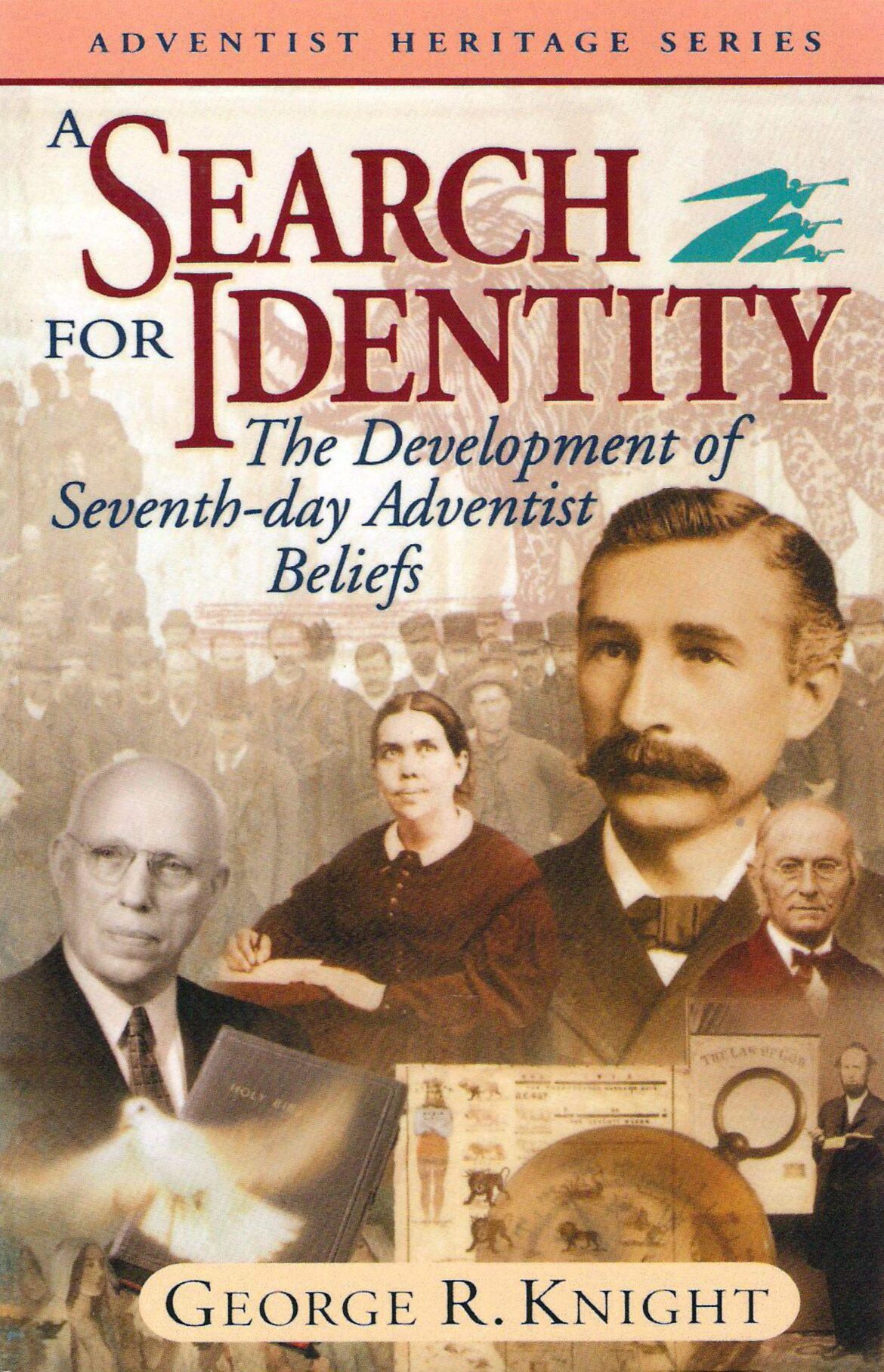The Seventh-Day Adventist Church, established in the mid-19th century, is an intriguing denomination that embodies a rich tapestry of beliefs, history, and global outreach, making it a distinctive participant in the broader Christian narrative. This movement emerged from the tumultuous religious landscape of the Second Great Awakening and was precipitated by the prophetic interpretations of William Miller, who predicted the Second Coming of Christ would occur in the autumn of 1844. The subsequent disappointment known as “The Great Disappointment” marked not just a crisis of faith for many, but also a pivotal moment that catalyzed the formation of the Adventist tradition.
At its core, the Seventh-Day Adventist Church is characterized by its commitment to the observance of Saturday, the seventh day of the week, as the Sabbath. This distinctive practice sets it apart from many other Christian denominations, which typically observe Sunday. Adventists derive this principle from the fourth commandment, emphasizing a literal interpretation of scripture while advocating for rest, reflection, and spiritual nourishment. The observance of the Sabbath is not merely a ritualistic activity; it is a profound encapsulation of their faith and a declaration of their dependency on divine grace.
Adventism also places a formidable emphasis on the concepts of health and well-being, intertwined with their overarching theological narratives. Pioneers like Ellen G. White, one of the founding figures of the movement, advocated for a holistic approach to health, which includes dietary practices, physical exercise, and mental well-being. With an understanding that the body is the “temple of the Holy Spirit,” adherents are encouraged to follow a vegetarian diet, abstain from alcohol and tobacco, and adopt various health practices. This unique worldview not only manifests in personal disciplines but has also led to the establishment of an extensive global network of health institutions, including hospitals and clinics, furthering the mission of health and healing.
The beliefs of the Seventh-Day Adventist Church extend into fundamental Christian doctrines, embracing the Trinity and the salvation of humanity through Jesus Christ. However, they also possess distinctive eschatological views, particularly regarding the Second Coming and the investigative judgment. Adventists believe in a pre-advent judgment that commenced in 1844, where Christ began a work of judgment prior to His return. This doctrine invites a continuous reflection among congregants on the themes of accountability and moral living, positioning them as active participants in a grand narrative of cosmic significance.
The global reach of the Seventh-Day Adventist Church is nothing short of remarkable. Starting from the United States, it has grown exponentially, establishing a presence in over 200 countries and territories. With a membership that surpasses 21 million, Adventists engage in missionary work, community service, and education, embodying the Great Commission’s mandate to spread the Gospel. Their educational initiatives are particularly noteworthy, encompassing a network of schools, colleges, and universities that aim to integrate spiritual and academic growth. This educational outreach not only serves the needs of Adventist youth but also aspires to uplift individuals within various communities, fostering an environment of service and learning.
As one scrutinizes the teachings and practices of the Seventh-Day Adventist Church, an element of curiosity emerges regarding their unique doctrinal stances. Adventists possess a distinctive belief in the imminent return of Jesus Christ, which shapes their entire ecclesiology and missional focus. The notion that the end of days is approaching instills a sense of urgency among believers to evangelize, to reflect deeply upon their spiritual journeys, and to prepare for Christ’s return. This eschatological hope serves not only as a comforting promise but also as a clarion call for action, pushing believers towards activism in both spiritual and social realms.
The relationship between the Seventh-Day Adventist Church and broader Christianity is characterized by an intriguing juxtaposition. While some traditional Christians may find the unique practices and beliefs of Adventism unconventional, others recognize a kinship in core doctrines. The commitment to biblical authority, the centrality of Christ, and the importance of community are shared tenets that can foster dialogue and understanding among divergent Christian traditions. Thus, the Adventist perspective invites a fresh examination of theological constructs that may have been hitherto unconsidered.
Moreover, the implications of their extensive mission work reach far beyond mere evangelism. Seventh-Day Adventists have often found themselves at the forefront of humanitarian and relief efforts, particularly in regions ravaged by disaster or poverty. This unwavering commitment to service is rooted in the belief that faith should be active and demonstrated. Social justice, health ministry, and education are seen not just as auxiliary to their spiritual mission but are considered integral to the expression of their faith.
In conclusion, the Seventh-Day Adventist Church is a dynamic entity within the Christian global landscape. Its unique beliefs, including the observance of the Sabbath and the emphasis on health reform, represent an intriguing aspect of Christianity that warrants examination. The historical roots, coupled with an unwavering commitment to spreading the Gospel and serving humanity, position this denomination as a vital part of the Christian mosaic. As the Seventh-Day Adventist Church continues to evolve and adapt, the shift in perspective it offers to the broader Christian community is not merely about distinctive doctrines but about engaging the world in meaningful and transformative ways. Such engagement serves to pique curiosity, encouraging deeper exploration and appreciation of this multifaceted faith tradition.



